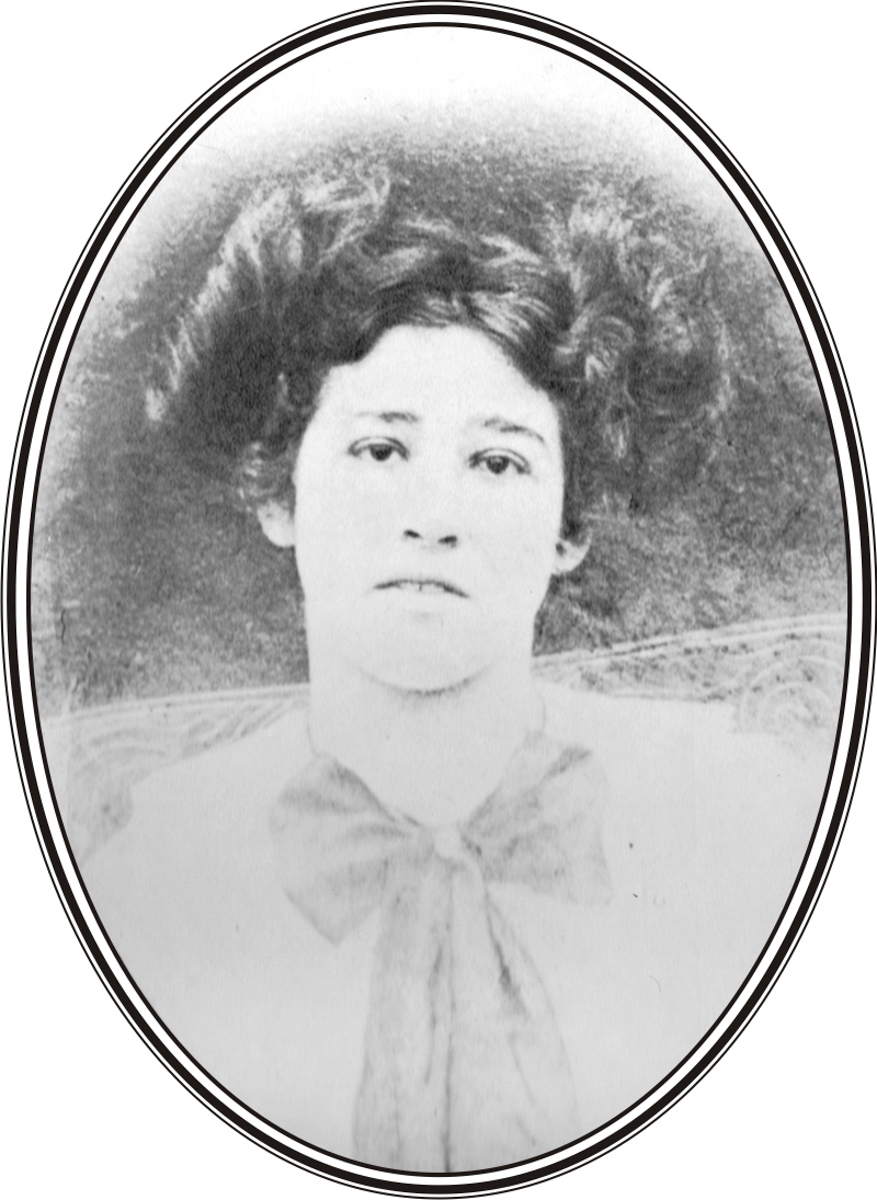Our Radio Bristol DJs are a diverse bunch – and they like a huge variety of musical genres and artists. In our “Off the Record” posts, we ask one of them to tell us all about a song, record or artist they love.
The first music I ever heard was my grandmother’s. I was very small, nestled in her lap as she rocked and sang. That sound was a basic part of my growing up, something I, and the rest of the family, took completely for granted. Much later, living far away from the Kentucky homeplace, I began hearing people around me sing “folk songs” that were oddly familiar – songs my grandmother sang, but somehow different and not quite right. I started listening, really listening, to her music and gradually realized she was a great traditional singer.
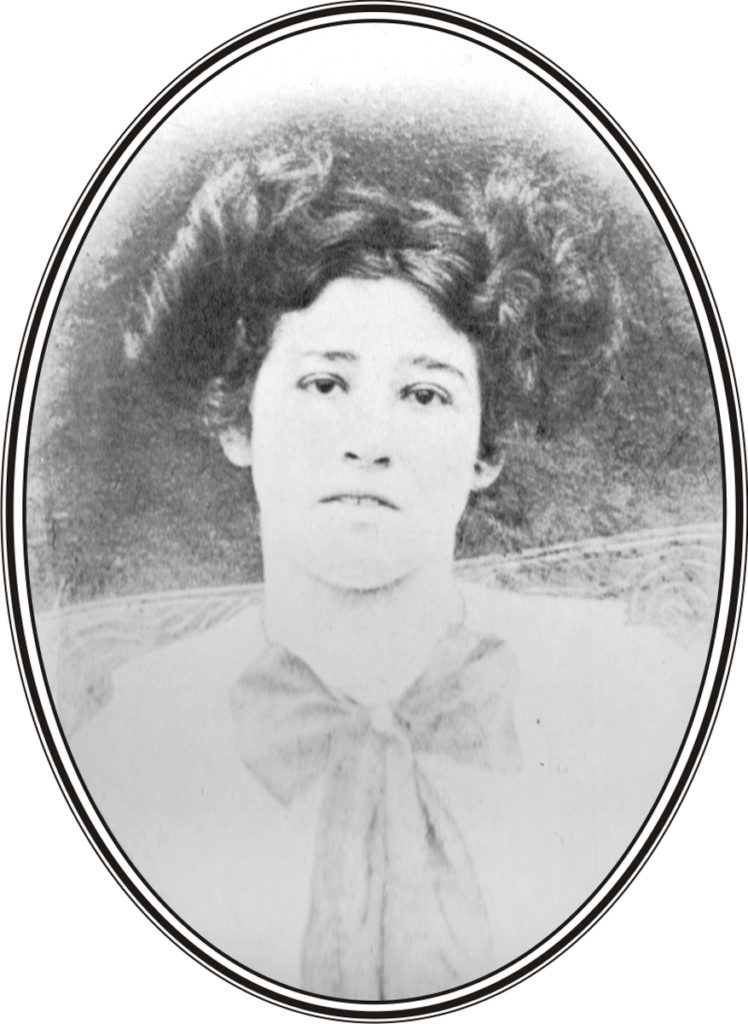
Her name was Addie Graham, born before 1900 in the hills of eastern Kentucky, heir to a great stream of traditional music she heard from her family and community. She sang ballads, Old Baptist hymns, blues pieces learned from African American railroad workers, frolic songs, and some songs that are hard to categorize. One of these is a remarkable window back into a piece of Kentucky’s and America’s past.
The song is “We’re Stole and Sold from Africa.” It is apparently an abolitionist song from before the Civil War that my family held for generations. Addie learned it from her mother, and the song was a family possession: “All the family I guess sung it, sister Nan and all. I can’t even remember how long it’s been in the family.” Addie felt it was an important song and always sang it with great seriousness. It’s a rarity; in a lot of research I haven’t found any other version of it.
We’re stole and sold from Africa
Transported to America
Like hogs and sheep, to march a-drove
To bear the heat, endure the cold
See how they take us from our wives
Small children from their mothers’ sides
They take us to some foreign land
Make slaves to wait on gentleman
We’re almost naked as you see
Almost barefooted as we be
Suffer the lash, endure the pain
Exposed to snow, both wind and rain
O Lord have mercy and look down
Upon the race of the African kind
Upon our knees pour out our grieves
And pray to God for some relief
Here is Addie singing this song:
Though no other singer has been recorded doing this song, we can trace some of its history through records of the abolitionist movement. The text is similar to abolitionist ballads published in The Liberty Minstrel of 1844 and the Free Soil Minstrel of 1848. A prominent Kentucky abolitionist, James Birney, ran for president under the banner of the Liberty Party in 1844; other Kentucky abolitionists founded Berea College in 1855, which became “an oasis of anti-slavery and democratic education.” Slavery became a very hot issue in Kentucky, particularly in the mountains where few people owned any enslaved people. During the Civil War, communities and families (including Addie’s) were divided, leaving scars that took many years to heal.
Though it speaks from a slave’s perspective, Addie’s song probably has no connection with Black folk sources. It is almost certainly derived from one or more as-yet-untraced abolitionist tracts. George Clark’s The Liberty Minstrel contains the following in “Song of the Coffle Gang” (“Words by the slaves, music by G.W.C.”):
See these poor souls from Africa,
Transported to America;
We are stolen, and sold to Georgia, will you go along with me?
We are stolen and sold to Georgia, go sound the jubilee.
In the same volume, “Stolen We Were” (“Words by a Colored Man”) contains these stanzas:
Stolen we were from Africa,
Transported to America;
It’s work all day and half the night,
And rise before the morning light;
Sinner! man! why don’t you repent?
For the judgment is rolling around!
For the judgment is rolling around!
Like the brute beast in public street,
Endure the cold and stand the heat;
King Jesus told you once before
To go your way and sin no more;
Sinner! man! &c.
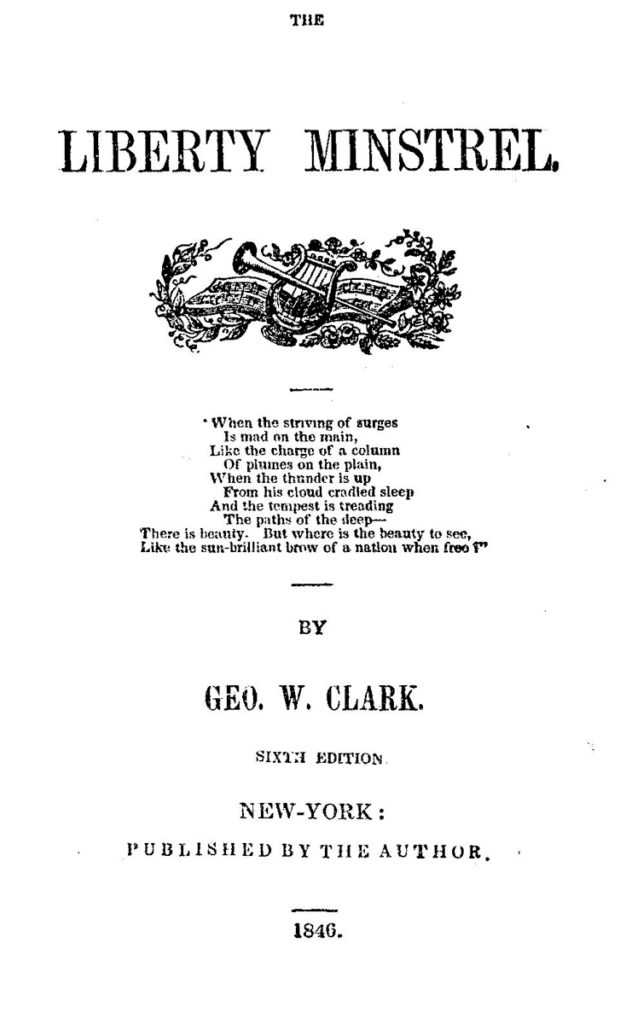
Tunes for these songs do not at all resemble Addie’s, which instead shares the musical feeling of her Old Baptist hymn tunes. The song may have become part of the folk-hymn tradition, for a couplet “Upon my knees pour out my grief/ And pray to God for some relief” turns up in “Young Ladies All I Pray Draw Near” in the Old Baptist Sweet Songster.
In any case, it is striking that an abolitionist song survived in tradition so many years after the end of slavery. Perhaps it had a special meaning for the family. The song came through Addie’s mother, Gillian Williams Prater. Her ancestor Elder Daniel Williams preached at the Lulbegrud [Baptist] Church in Montgomery County, Kentucky around 1800. He was forced to leave after disagreements with prominent elders of the North District Association to which the church belonged. Williams’ successor at the church, David Barrow, was similarly “run off” for advocating the emancipation of slaves. Williams’s differences with the elders were probably doctrinal rather than political. But in light of the preservation of the song “We’re Stole and Sold” in the Williams family, it is tempting to speculate that Daniel Williams, like David Barrow, sympathized with abolitionist views. Barrow, by the way, went on to found an association of emancipationist Baptist churches; its membership included Thomas Lincoln whose son Abraham would take the lead in settling the slavery question.
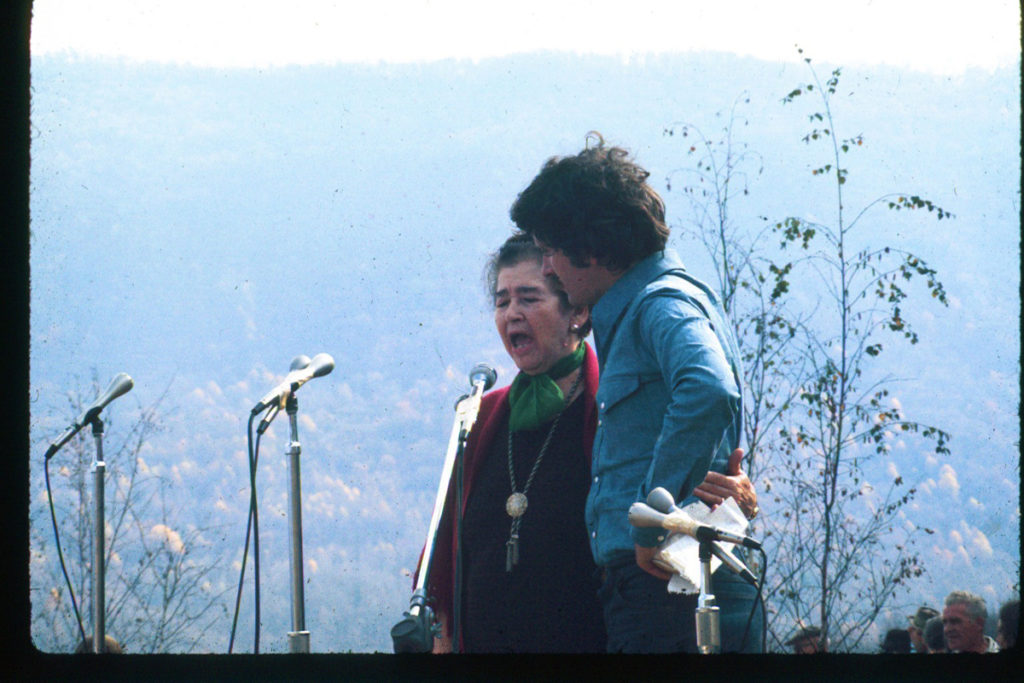
Addie never performed outside the home until I took her to a few festivals shortly before her death in 1978. “We’re Stole and Sold” reached a wide audience that year, when Appalshop’s June Appal Recordings released an LP of her singing, Been a Long Time Traveling (re-released with additional material in 2008). Over the years, awareness of Addie and her music has gradually spread, and today, she’s well known as an important source of Kentucky traditional music. Mike Seeger and John McCutcheon have performed “We’re Stole and Sold,” and I included Mike’s striking version in The Very Day I’m Gone (June Appal 2014), a collection of Addie’s songs performed by 15 artists. The song remains especially meaningful for me, evoking Addie’s voice and personality, her deep sympathy for those who suffer, and her links to an important if little known part of Appalachian history.
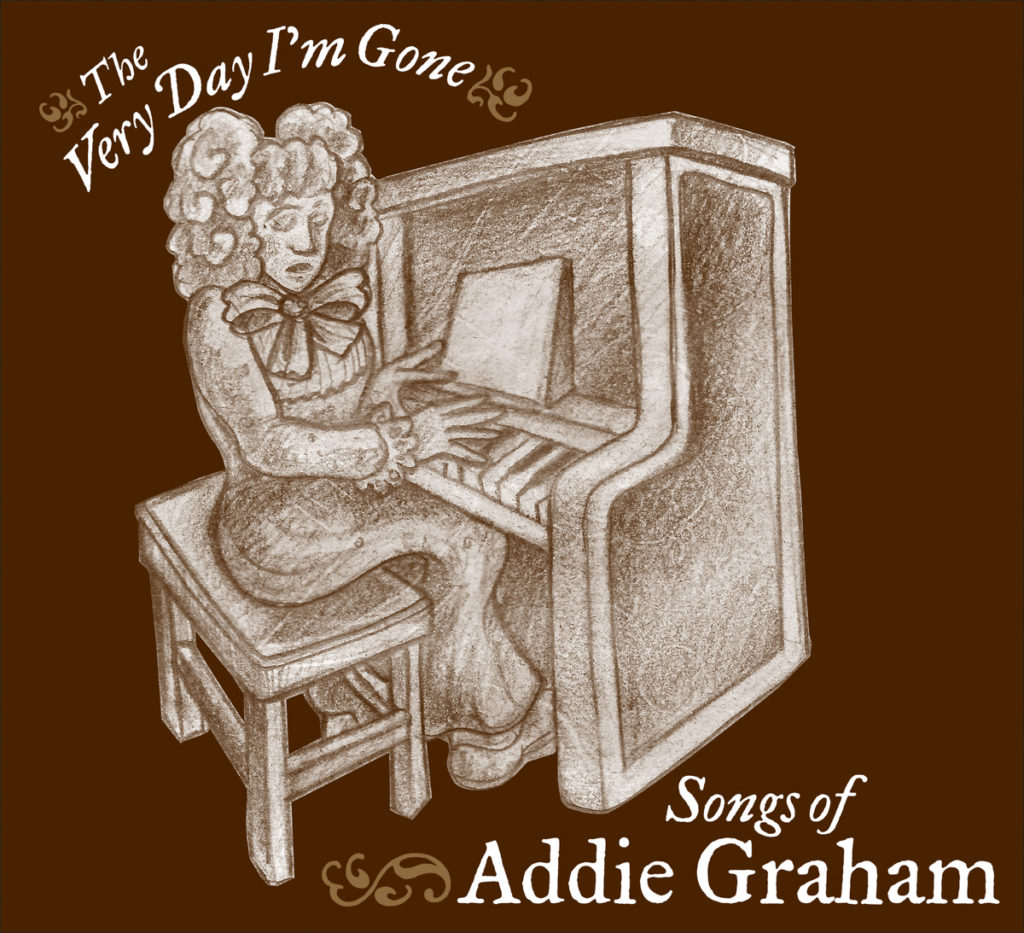
Rich Kirby is a producer at Appalshop’s WMMT radio station and a performer and historian of traditional Appalachian music and stories. His show Old Kentucky Bound airs on Radio Bristol on Thursdays 2:00 to 3:00pm.


